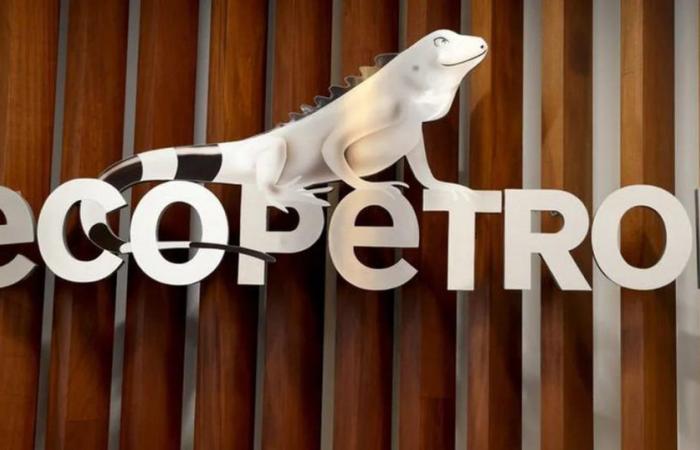
At the congress held by Andesco, the president of Ecopetrol, Ricardo Roa, delivered what will be the oil company’s new action plan to guarantee the country the supply of gas until 2034, which includes the import of gas and regulatory flexibility as key elements to achieve this purpose.
As Roa explained, It is expected that next year the country will have a deficit of approximately 83 Gbtud, so it has already considered ratifying the alliance with the neighboring country to solve the problem. In fact, one of the main initiatives is the incorporation of 61 Gbtud of national gas, complemented by the import of an additional 100 Gbtud through regasification systems and possibly through the Antonio Ricaurte gas pipeline from Venezuela.
You can now follow us on our WhatsApp Channel and in Facebook.
However, Ecopetrol is still facing international sanctions against the neighboring country, so the company’s president stressed the urgent need to relax regulations for the commercialization of gas.
“To achieve this objective, regulatory flexibility for gas marketing and agility in permits and licenses in environmental and social matters are urgently required.“, he claimed. In addition, he highlighted the importance of obtaining the special license from the United States Office of Foreign Assets Control (Ofac) for the import of Venezuelan gas.
Despite the restrictions, the fuel would arrive in Colombia within a period of no more than 14 months, which would mean that as of August 2025, the country would already be supplied with Venezuelan gas through border pipelines.
The strategy also includes improvements in gas transportation and storage infrastructure. Last May, Ecopetrol launched a process to request information from the market in order to explore alternatives for receiving, storing and regasifying Liquefied Natural Gas (LNG). More than ten companies have expressed interest in participating in this process. The receipt of indicative offers is expected to end in the first week of July.
The official also spoke about long-term projects. He said, Ecopetrol has identified important deposits offshore in the Caribbean, which have great production potential. “The discovered potential in Caribbean waters is between 4 and 12 cubic terafeet (TPC),” explained Roa, which could triple the country’s current reserves. He also noted that starting in 2029, the inflow of gas from material discoveries such as Uchuva, Gorgon and Glaucus would begin.
Another project under evaluation is the Komodo-1 exploratory well with drilling activities planned for the fourth quarter of 2024. If successful, new exploratory opportunities would be enabled in an area of 1.6 million hectares with an estimated potential of 50 TPC, equivalent to 17 times Colombia’s current reserves.
Roa emphasized Ecopetrol’s ability to ensure gas supply in the short, medium and long term, as long as certain regulatory and logistical conditions are met. Likewise, He mentioned the possibility of presenting to the market supply aggregates from a long-term supply portfolio to guarantee demand coverage from 2025 and ensure competitive prices..
The realization of this plan, however, will depend on the collaboration of various entities and the elimination of restrictions on transportation infrastructure. “To achieve this, a joint effort in agility in permits and support in the adaptation of infrastructure is essential,” Roa concluded.
For its part, The news was not well received by several political sectors, including opposition congressmen such as María Fernanda Cabal of the Democratic Center.who criticized the fact that gas has to be imported from the neighboring country.
“How about stopping using our wealth-generating resources to pay the genocidal dictator Maduro?“, the senator commented.

